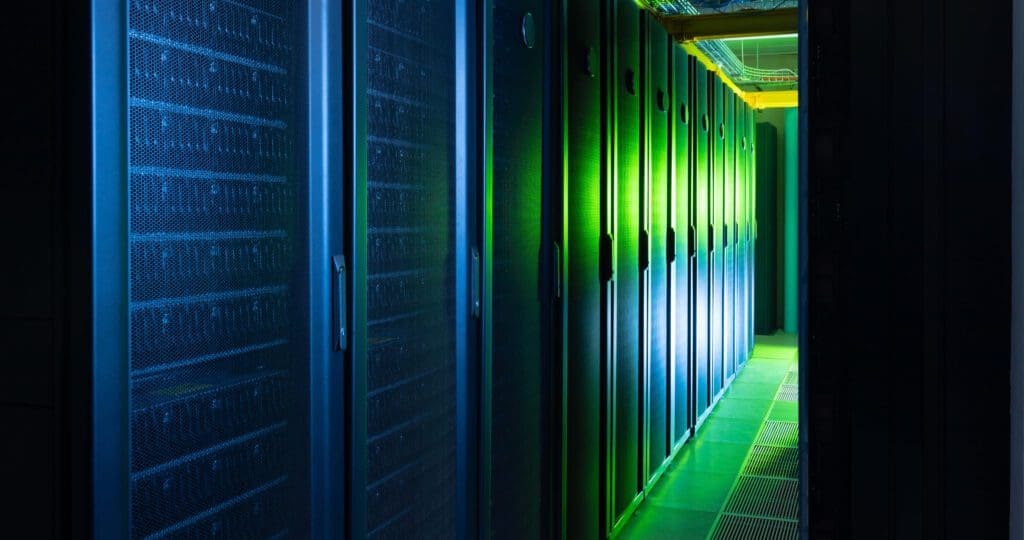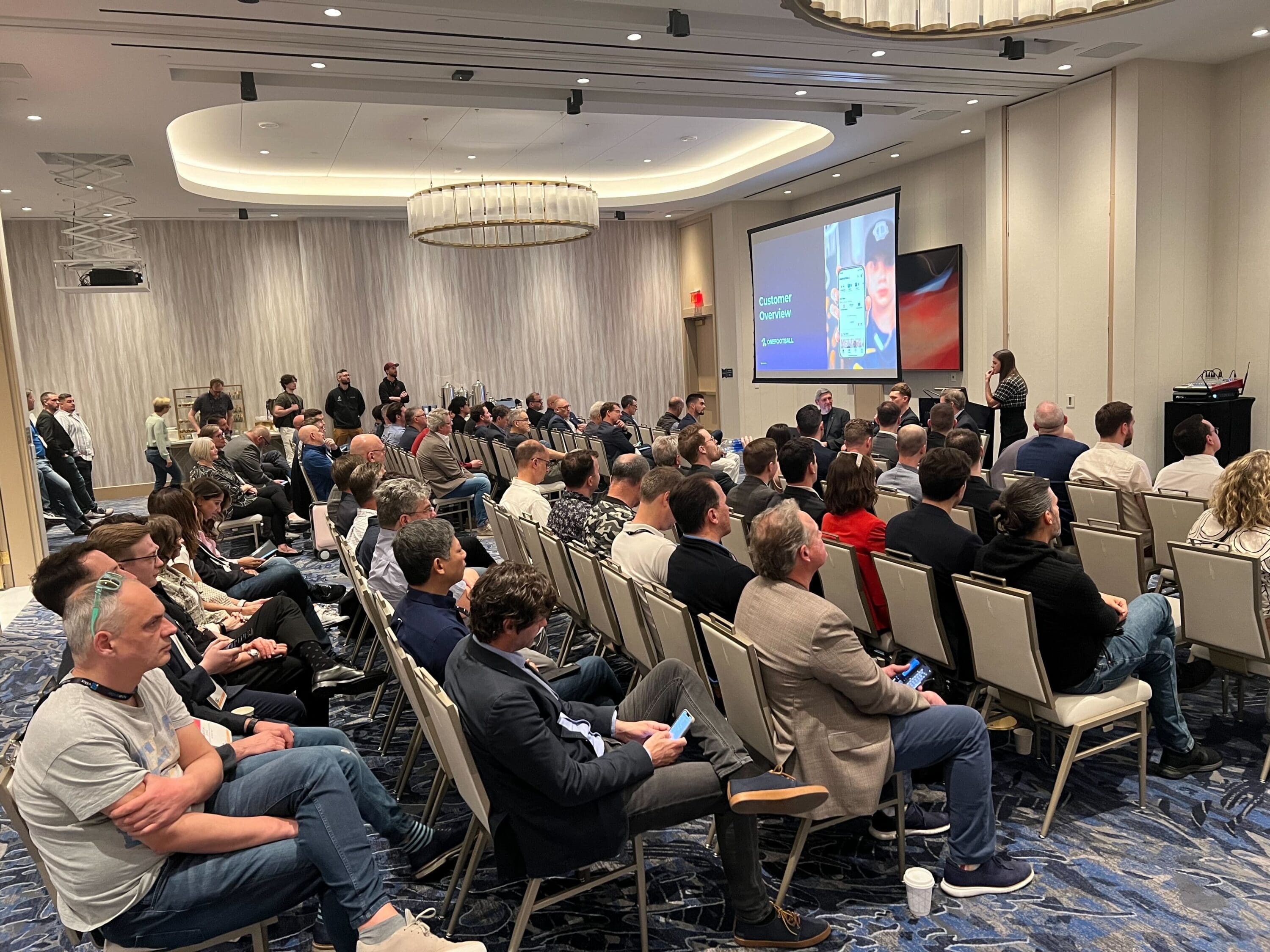We’re excited to share that Bitmovin and the University of Klagenfurt are collaborating on a new research project with the goal of making video streaming more sustainable. Project ‘GAIA’ is co-funded by the Austrian Research Promotion Agency (FFG) and will help enable more climate-friendly video streaming solutions by providing better energy awareness and efficiency through the end-to-end video workflow.
Dr. Christian Timmerer is an Associate Professor at the Institute of Information Technology (ITEC) at the University of Klagenfurt and one of the co-founders of Bitmovin. We asked him a few questions to learn more about the goals and motivation behind the ‘GAIA’ project.
When you co-founded Bitmovin back in 2013, was there any focus on sustainability? What changes have you seen over the last 10+ years?
Christian: With our research background, we always tried to utilize the latest technology and research results which includes our focus on video codecs. For example, our first FFG-funded project termed “AdvUHD-DASH” aimed at integrating HEVC into our video encoding workflow; later, we were among the first to showcase AV1 live streaming (2017 NAB award); and now we’re already successfully experimenting with VVC (Collaboration with Fraunhofer HHI).
Each new generation of video codec reduces the amount of storage by approximately 50%, which contributes to sustainability goals. Over the past 10+ years, there has been a shift to focus on more efficient usage of the available resources, where in the beginning of video streaming over the internet, much was solved using massive over-provisioning. I think this is no longer the case, and people are starting to think about environmental and climate-friendly video streaming solutions in the industry.
GAIA is a two-year joint research project between Bitmovin and the University of Klagenfurt. What is the end goal, and how soon do you think there will be actionable results and recommendations?
Christian: The results of the GAIA project will (i) enable complete awareness and accountability of the energy consumption and GHG emissions and (ii) provide efficient strategies from encoding and streaming to playback and analytics that will minimize average energy consumption.
In the beginning, we will mainly focus on collecting data and benchmarking systems with regard to energy consumption that will hopefully lead to publicly available datasets useful for both industry and academia at large, like a baseline for later improvements. Later we will use those findings to optimize encoding, streaming and playback concerning energy consumption by following and repeating the traditional “design – implement – analyze” work cycles to iteratively devise and improve solutions.
Will the results of this research be exclusive to Bitmovin?
Christian: We will showcase results at the usual trade shows like NAB and IBC., while scientific results and findings will be published in renowned conferences and journals. We will try to make them publicly available as much as possible to increase the impact and adoption of these technologies within the industry and academia.
This is the fourth time Bitmovin and the University of Klagenfurt have collaborated on a research project. What makes this one unique?
Christian: Environmental-friendliness was always implicitly addressed within the scope of previous research projects; GAIA is unique as it makes this an explicit goal, allowing to address these issues as the top priority.
You can read more details about the GAIA research project here
Ready to make your own video workflows more eco-friendly with HEVC or AV1 encoding? Sign up for a free Bitmovin trial today!




